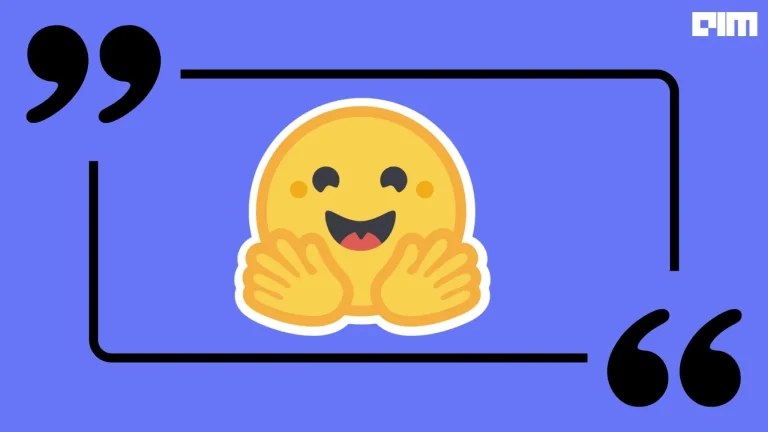|
Listen to this story
|
Google is no stranger to consigning its projects to the digital graveyard. From Google Inbox to Google+, to Stadia—the tech giant has a long and infamous history of shuttering loved apps and services. Today, another one bites the dust.
‘Google Duplex on the Web’, a service allowing Google Assistant to be used with various websites, has been deprecated as of December 1, 2022. Created as an offshoot of ‘Google Duplex’—the Pixel-exclusive call automating technology—Duplex on the Web would allow users to directly interact with services provided all over the web. Duplex on the Web would take commands issued to Google Assistant and find the relevant website for the service. Then, it would fill in the user’s details using Google Autofill—hence automating routine tasks for users.
Google also shuttered the long-loved Google Hangouts earlier this month in favor of the newly-introduced ‘Google Chat’ integrated into the email. This instant messaging service was operational for over nine years and was unceremoniously shut down in favour of making Gmail the all-in-one communication app for all things Google.
Why does Google launch these products and can them in a matter of a few years of use? Why do other companies like Microsoft not face the same issues? Let’s delve deeper into the sinister truth behind Google’s Graveyard and why new additions will not stop any time soon.
Dishonourable mentions: Products Google killed
When going through Google’s graveyard of products, an interesting trend emerges. Most canned services were integrated into existing services years, or even a decade, after they were shuttered, showing that some of these services might have come at a time when users were not ready for them. However, many others look like products launched without consideration for the markets they were targeting.
The reason behind this pattern boils down to Google’s company culture. The tech giant is well known for hoarding the best talent in the world, paying them above and beyond competing organisations and offering some of the best work cultures in the world. However, along with this atmosphere also comes the push to ideate, create, and launch new services for the company.
Many Googlers have spoken about the so-called cycle of LPA in the company—Launch, Promo, and Abandon. This process is incentivised by the need for promotion within the company, which is a sure-shot way for professionals to further their careers. According to various Google employees, the criteria for promotion in the organisation is their direct impact on the company and its business.
These products are ever-present in the Google Graveyard. Setting aside Google’s obsession with chat platforms (over ten of which lie dead in the graveyard), their scatter-shot approach to creating new services only leaves users hanging.
A fundamental problem with products
The first step of creating a product is determining the target market and how to capture them. For this, the market itself has to exist—a step that Google often skips over in its pursuit of breaking new ground in the name of innovation. One needs not to look further than ‘Stadia’, the newest shiny toy that found its way to the landfill.
Employees at the company have publicly expressed that most engineers and product managers on any given project will quickly move to another product after launch. Due to the lack of so-called ‘promo food’, those working on the project will change to another project where it is easier for them to get a promotion or recognition rather than focusing on maintaining and updating the product they just created.
An insider at Google posted on YCombinator forums, saying, “No matter how many [bugs] you fix, it will never get you enough ‘impact’ for promotion. Never.” This is a dangerous approach to take, as not fixing bugs and common issues with a service cause it to slowly bleed users and results in an unusable and useless service, which is then consigned to the guillotine.
In many ways, this is a self-fulfilling prophecy for Google, governed by the principles of launching, promoting, and abandoning a project. Once a product stops being maintained, users will slowly look for alternatives or stop using it. While there will still be a small user base of dedicated users, Google is uncaring when it comes to them and will shut down the project citing precisely that as the reason—a lack of users. Maybe if some of these products were well-maintained and updated with new features, they would not bleed users until the product was dead.
Other companies do not seem to have this problem. Microsoft, for example, has a very top-down approach to creating new products and services. The product is only assigned to be developed after researching its impact and possible use case. Developers assigned to such projects usually work on them for years. While this does not leave any room for innovation, it results in products like ‘Microsoft Office’ or ‘Windows’, which retain a long tail of users even after support ends.
Amazon stands at the other end of the spectrum, with an intensely operational work culture described as being based on the principles of’ purposeful Darwinism’. While this does not bode well for the employees working in the organisation, Amazon has a shorter list of abandoned services when compared to Google.
Considering that we are now in the middle of a tech recession, maybe it is time for Google to reconsider its approach of constantly creating projects and shuttering them. While these costs could have been justified when the company was growing over the past decade, investors are becoming apprehensive about Google’s spending on projects which are not showing prolonged monetary benefits. This might not spell Google’s doom in the short term, but the company’s eroding brand image might result in its dominance being challenged in the long term.

























